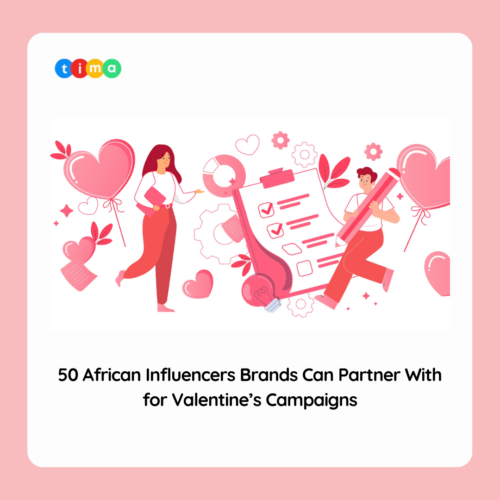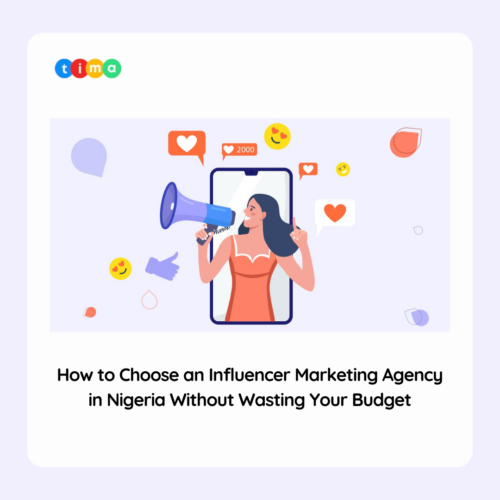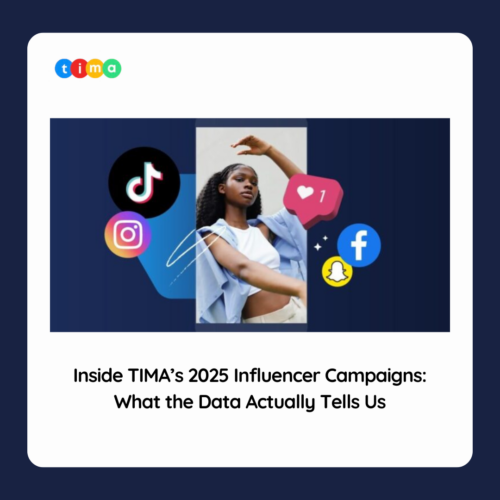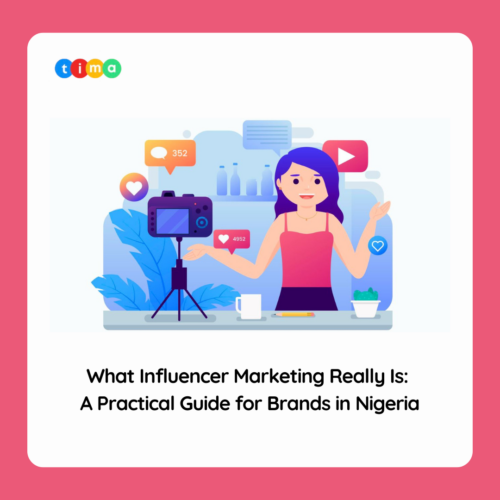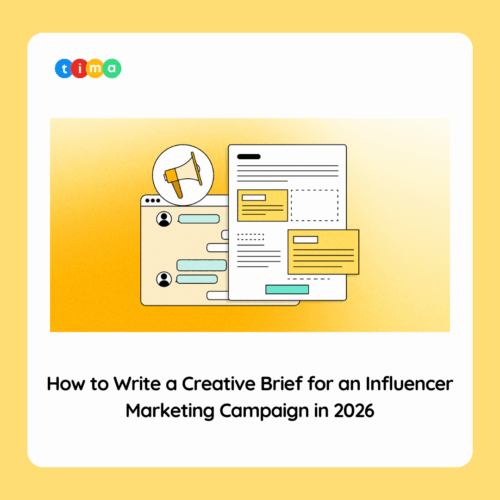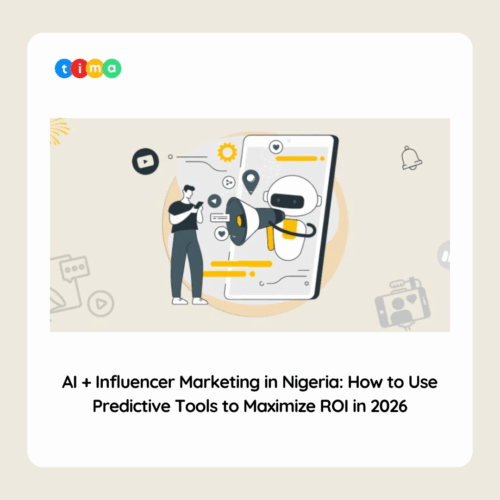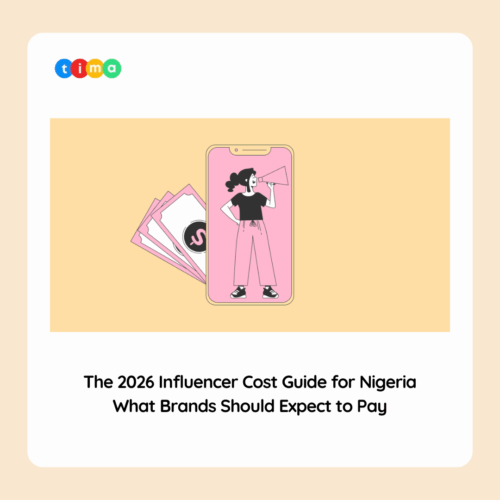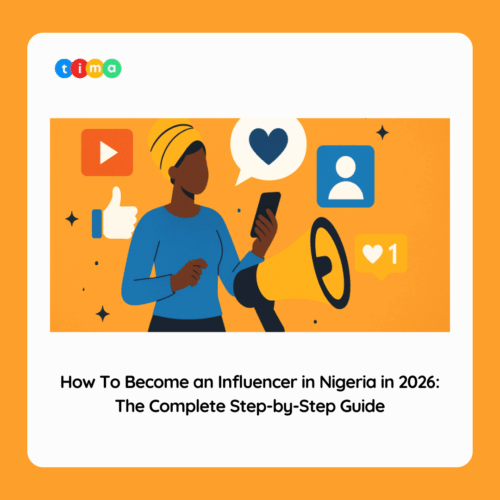In recent years, the power of influencers has expanded beyond the realm of B2C, emerging as a dynamic force for B2B brands. As we enter 2024, the role of influencers in achieving B2B marketing goals has become more critical than ever. A recent study by Ogilvy highlighted that 75% of chief marketing officers are actively implementing influencer strategies.
Boosting B2B Brands Awareness:
At the very core of every B2B company’s aspirations lies the crucial mission to enhance brand awareness. Particularly in fiercely competitive sectors like financial and healthcare tech, influencers emerge as essential allies, contributing to the establishment of credibility and trust. Their devoted and established following acts as a vital bridge, allowing brands to distinguish themselves in the crowded marketplace.
Driving Thought Leadership:
Thought leadership stands as the cornerstone of credibility within the B2B landscape. It transcends merely gaining trust; it involves spotlighting a profound understanding of the audience and their unique needs. In this journey, influencers acknowledged as thought leaders become powerful collaborators, adding depth and authority to the brand’s narrative.
Generating Leads:
In the dynamic realm of B2B marketing, lead generation serves as the heartbeat, yet obtaining high-quality leads can be a challenging pursuit. Influencers, armed with their dedicated audience, present a golden opportunity for brands to connect with potential customers who align with their goals and target personas.
Improving Content Marketing:
Within the intricate fabric of B2B marketing, content assumes the pivotal role of the backbone, serving to educate both current and potential customers. Influencers, leveraging their expertise, transform into invaluable sources of brand content. They craft materials that not only inform but resonate with the audience, adding a layer of authenticity to the brand’s communication.

Beyond the Hype:
B2B influencers are more than social media clout; they are industry veterans with technical acumen and a knack for articulating complex subjects clearly. This specialized nature goes beyond trends, presenting a structural shift in marketing approaches.
Aligning with Business Objectives:
B2B influencer marketing extends beyond immediate gains, fostering partnerships, refining product development through expert feedback, and enhancing customer loyalty. By tapping into influencers’ industry knowledge, B2B brands can create highly targeted campaigns that build lasting relationships.
Creating a Robust Strategy for 2024
To leverage influencers effectively in 2024, B2B brands should follow a strategic roadmap:
- Finding the Right Match: Identify influencers aligned with the brand message and objectives, utilizing tools for simplified discovery.
- Content is King: Collaborate on various formats—blogs, webinars, podcasts—that provide real value to the audience.
- Assess, Adapt, Repeat: Continuously assess campaign performance and adapt strategies based on insights to optimize for success.
Final Thoughts:
In an era of fragmented digital buyer journeys, the human touch of influencers can make a significant difference for B2B brands. Investing in influencer marketing is a commitment to building long-term relationships with industry thought leaders. As we navigate through 2024, B2B brands should view influencer marketing not as an option but as a necessity for staying relevant and competitive. The time to act is now—dive in, experiment, measure, refine, and witness the transformative power of strategic influencer partnerships.


